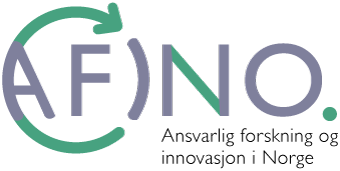Speakers AFINO International Conference

We are honored and happy for a strong line up of plenary sessions speakers at the AFINO International Conference. Many of the speakers have in some way been involved in AFINO over the years. Click to find out more about them.
This overview will be updated as more speakers confirm their attendance at the conference.
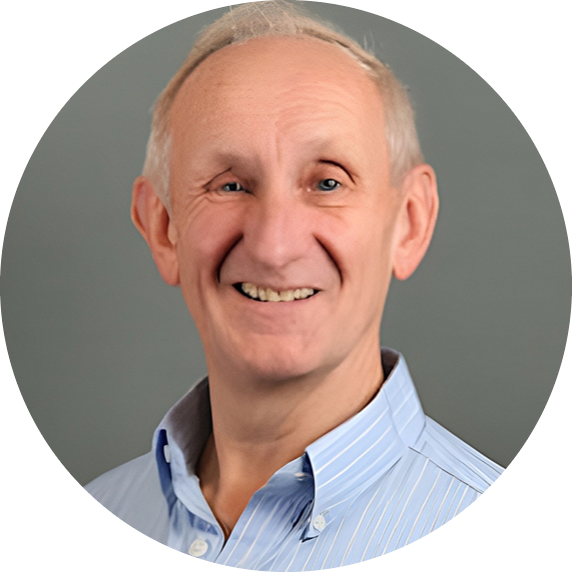
Originally a chemical engineer, John Bessant has been active in the field of research and consultancy in technology and innovation management for over 40 years. He is Emeritus Professor of Innovation and Entrepreneurship at the University of Exeter and also has visiting appointments at the universities of Stavanger, Norway and the Friedrich-Alexander University at Erlangen-Nuremburg, Germany.
He has acted as advisor to various national governments, to international bodies including the United Nations, The World Bank and the OECD and to a wide range of companies. He is the author of over 40 books and monographs and many articles on the topic; the most recent including Managing innovation (now in its 8th edition), Creativity for innovation management (2023, Routledge, 2nd edition) and Scaling value (2023, De Gruyter).
You can find more and follow his blog at https://johnbessant.org
Email: johnrbessant@gmail.com
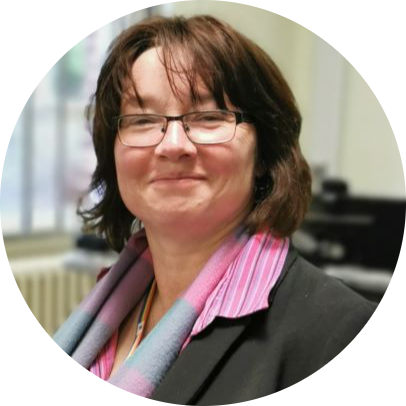
Kate Millar is Director of Centre for Applied Bioethics, University of Nottingham (UK). Find her bio here.
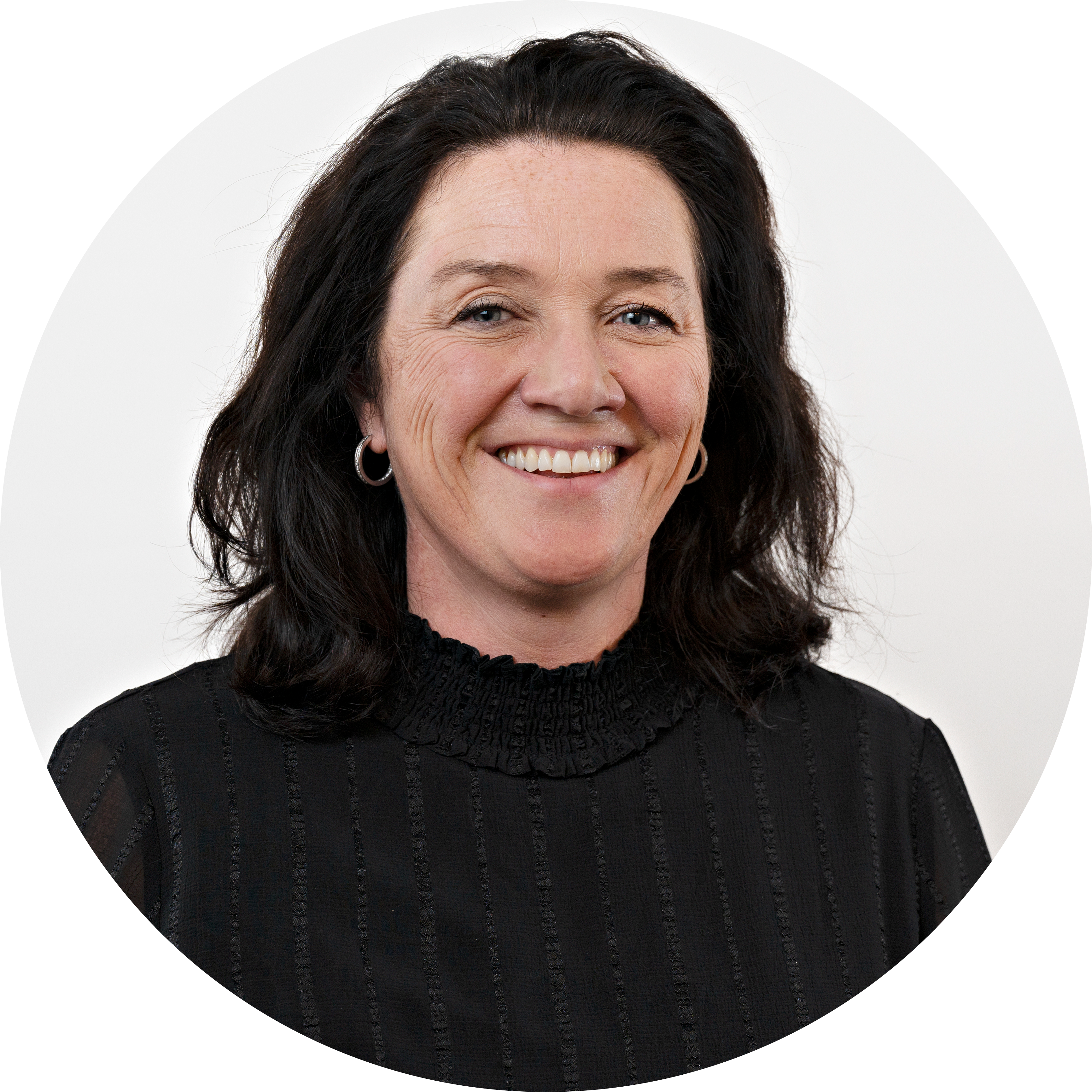
Food researcher Sissel Beate Rønning is passionate about how we can produce food in a new and modern way. Sissel Beate Rønning is a Senior Scientist at the food research institute Nofima, where she tries to use modern technology in food production for a growing population. Her primary focus is: Can we produce meat and alternative food in the laboratory? How to utilize rest material from the food industry in this process? How does the future of food look like? Sissel holds a master’s degree in gene technology from the University of Tromsø and has a Ph.D. in genetically modified organisms in food from the National Veterinary Institute. Her postdoc focused on cancer research and human medicine in the Department of Pathology, Rikshospitalet, Norway.
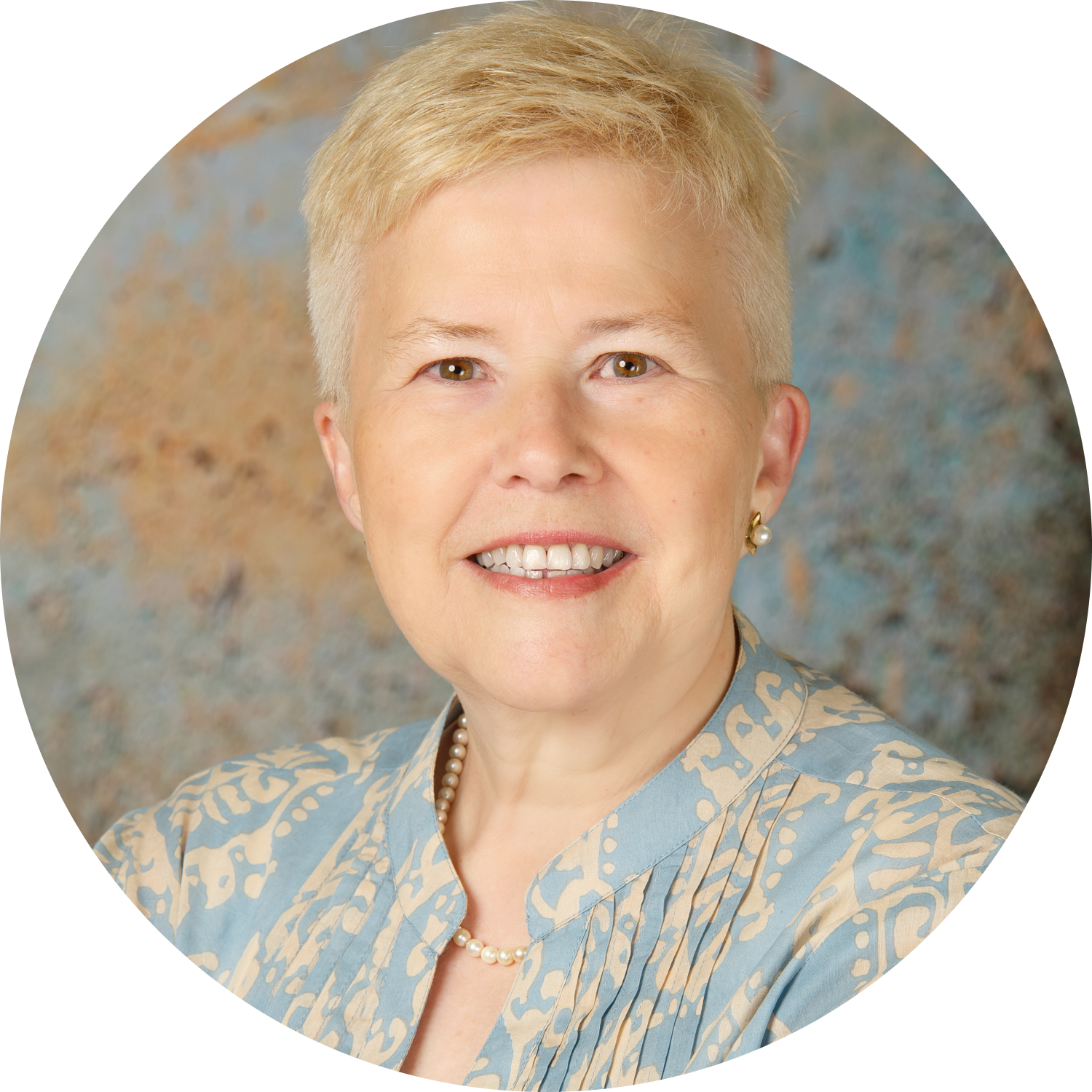
Ulrike Felt is professor at the Department of Science and Technology Studies, University of Vienna.
Her research and publications focus on two main areas: issues related to governance, democracy and public engagements around technoscientific developments and changing academic research cultures. Currently she is working on her ERC Advanced Grant “Innovation Residues – Modes and infrastructures of caring for our longue-durée environmental futures”, (http://www.innovation-residues.eu).
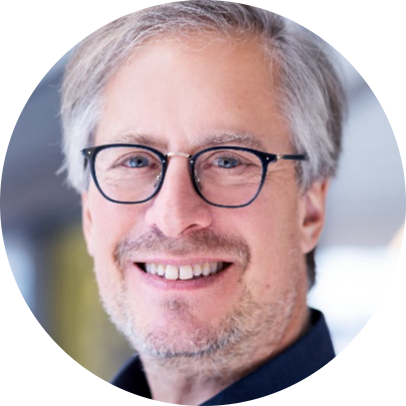
Riel Miller is a pioneer of the theory & practice of using the future to change what people see & do. He started his career at the OECD in Paris in 1982; PhD in Economics from the New School for Social Research, New York; worked for the Ontario Government, legislature & Ministries of Finance; Universities; and Industry; returned to the OECD in the International Futures Programme & the Centre for Educational Research & Innovation; founded an independent consultancy – xperidox (which means knowledge through experience); served as Head of Foresight & Futures Literacy at UNESCO, & since early 2022 is affiliated as a Senior Fellow with numerous universities around the world, including the universities of New Brunswick, Stavanger, Witwatersrand, Stanford, East China Normal, etc. Riel’s lifelong ambition is to put the richness of complex emergence at the service of humanity's capacity to be free.
Currently Riel is affiliated with the following institutions:
- Senior Fellow: J. Herbert Smith Centre for Technology Management and Entrepreneurship, Deep Change Initiative, Faculty of Engineering, University of New Brunswick (Canada)
- Senior Fellow: Ecole des Ponts Business School (France)
- Senior Fellow: University of Stavanger (Norway)
- Senior Advisor: Nordic institute for studies of innovation, research and education (Norway)
- Visiting Professor: University of Corsica (France)
- Senior Fellow: School of Governance, University of Witwatersrand (South Africa)
- Fellow, Future Africa, University of Pretoria (South Africa)
- Visiting Scholar (January/February 2024), Ng House, Stanford University (USA)
- Senior Fellow, Faculty of Education, East China Normal University, Shanghai (China)
Riel’s lifelong ambition is to put the richness of complex emergence at the service of humanity's capacity to be free.
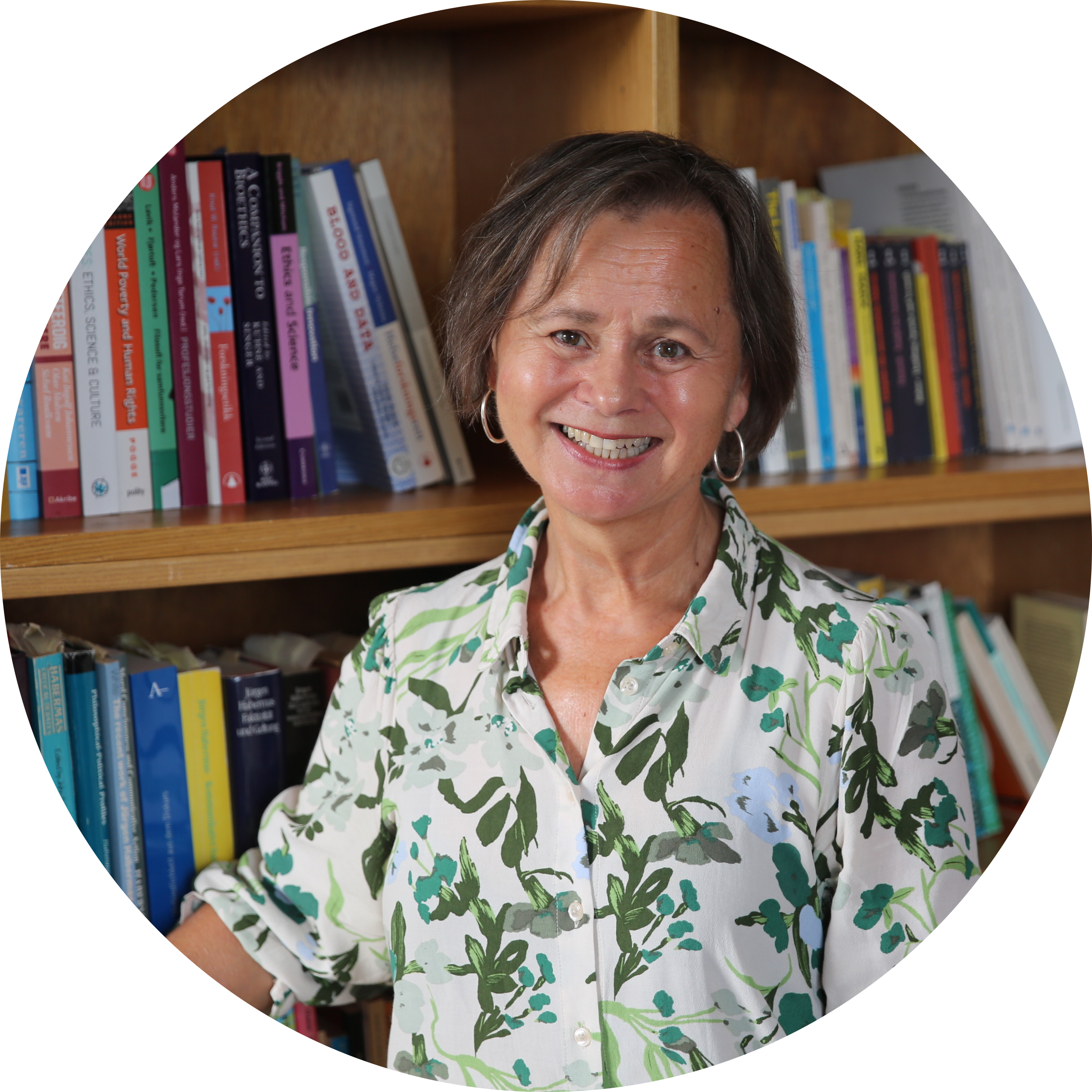
- Professor of Philosophy, Dept. of Philosophy and Religious Studies (IFR), NTNU
- Deputy Head of Research and Innovation, IFR
- Director of Programme for Applied Ethics, NTNU
- President The Royal Norwegian Society of Sciences and Letters, DKNVS, 2020-2022, 2023-2025
- Ethics Council for the Defence Sector, member since 2019
- Board member, Ruralis Foundation - Institute for Rural and Regional Research, 2024-2026
- Member of the government-appointed committee for account of nuclear power in Norway, 2024 - 2026
Research interests:
Ethics and Political Philosophy; applied ethics/research ethics; artificial intelligence; environmental ethics; information and communication ethics; multicultural conflicts; Democracy/ fundamentalism
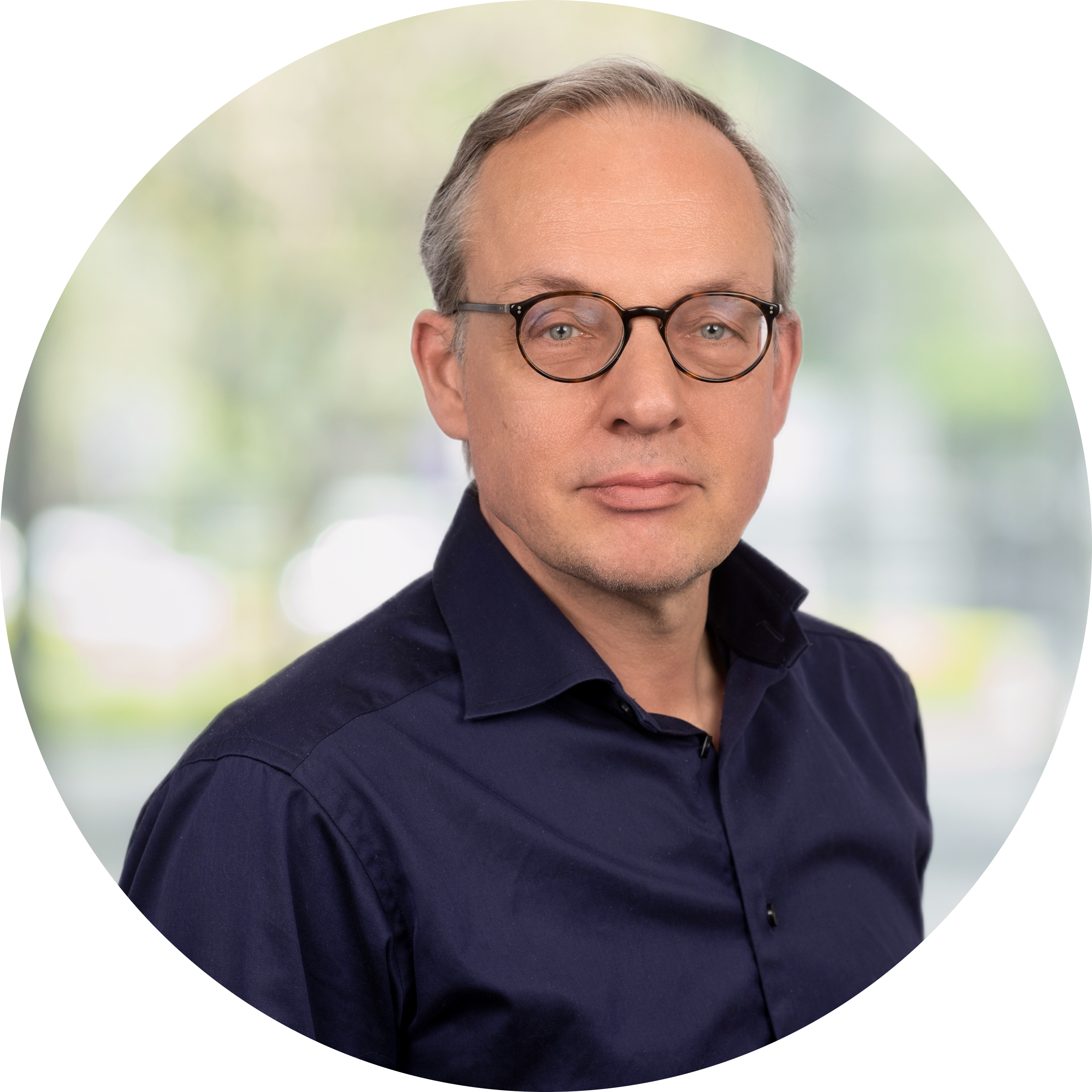
Vincent Blok (1970) is a Dutch philosopher working as professor at the Wageningen University (The Netherlands). He is also scientific director of the 4TU Centre for Ethics of Technology, a collaboration of the four Technical Universities in the Netherlands.
His research group focusses on responsible research and innovation and the Ethical, Legal and Social Aspects (ELSA) of digital technologies, especially in the context of private sector R&D settings. For more information about his current research: www.vincentblok.nl.
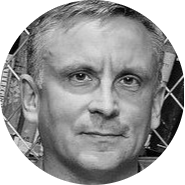
Martin Bright is a journalist with more than 30 years of experience in newspapers, television and film. As Home Affairs Editor of the Observer and Political Editor of the New Statesman he was responsible for a number of “scoops”, most notably the story of Iraq War whistleblower Katharine Gun, who became the subject of the Hollywood film Official Secrets (2019). He is currently Editor-at-Large for the free expression organisation Index on Censorship and Senior Lecturer in Journalism at the University of Essex.
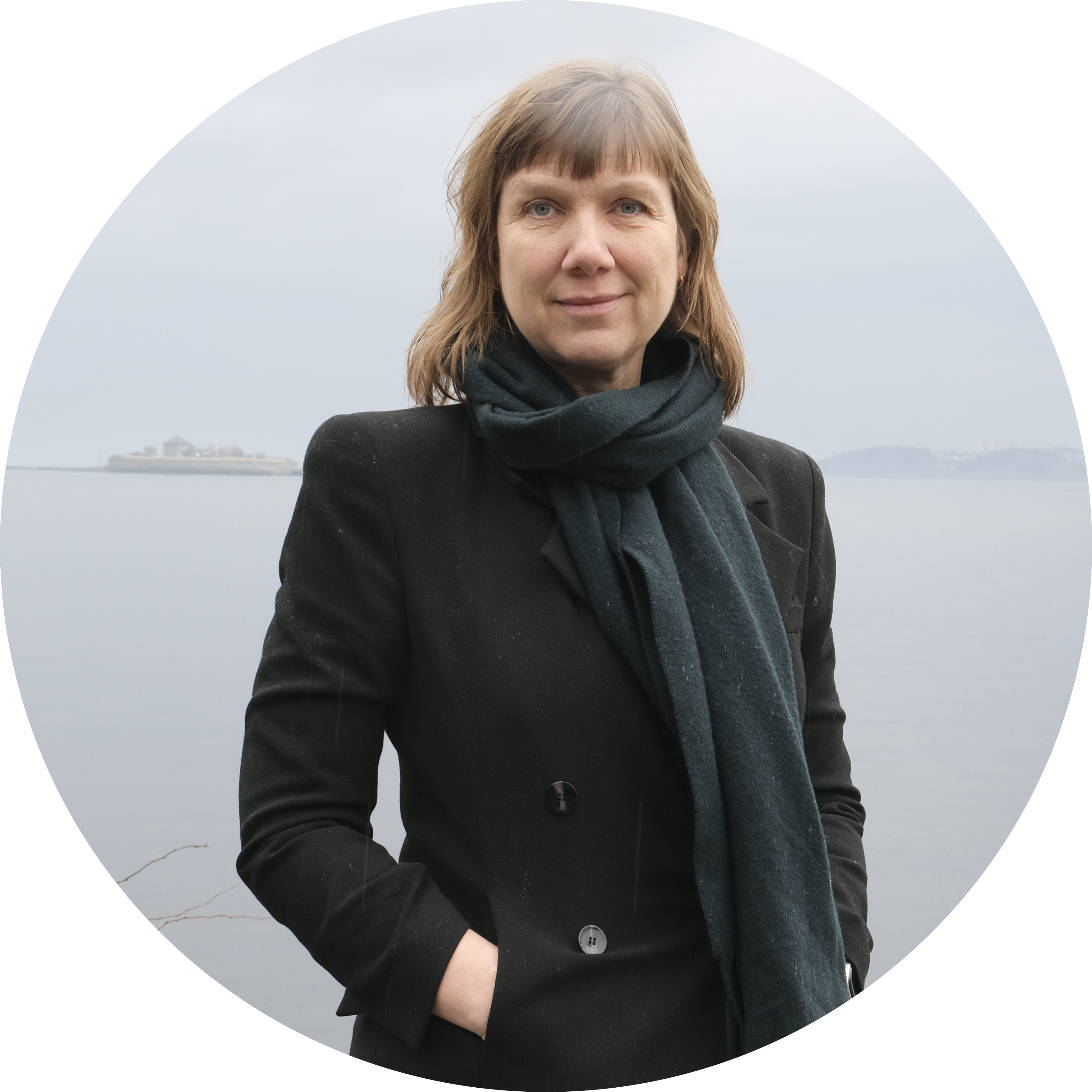
Siri Granum Carson is the director of AFINO, a virtual centre for responsible research and innovation in Norway. She is Professor of applied ethics at the Norwegian University of Science and Technology (NTNU) with a PhD in Philosophy, and her main research areas are corporate social responsibility and responsible innovation. She chairs the National committee for the UN Ocean Decade in Norway, and is co-chair of EOREA, the European Ocean Research and Education Alliance.
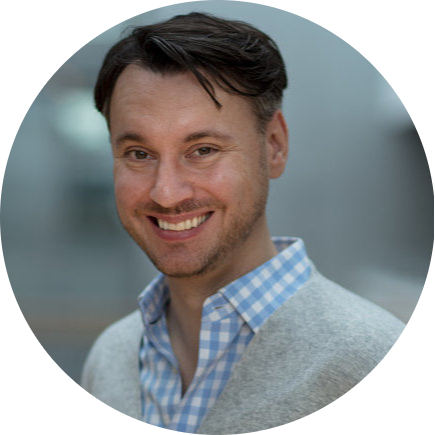
Christian Fieseler is professor of communication management at BI Norwegian Business School and a director of the Nordic Centre for Internet and Society. He received his PhD in Management and Economics from the University of St. Gallen, Switzerland, in 2008. At the former he worked as a postdoctoral researcher, as well as at the Berkman Klein Center for Internet and Society at Harvard University and at Stanford University, before joining BI, in 2014. Christian’s research is focused on the question of how individuals and organizations adapt to the shift brought by new, digital media, and how to design participative and inclusive spaces in this new media regime. In this field, he has over the last years, worked extensively on technology and new collaboration modes in projects with the European Union and the Norwegian Research Council.
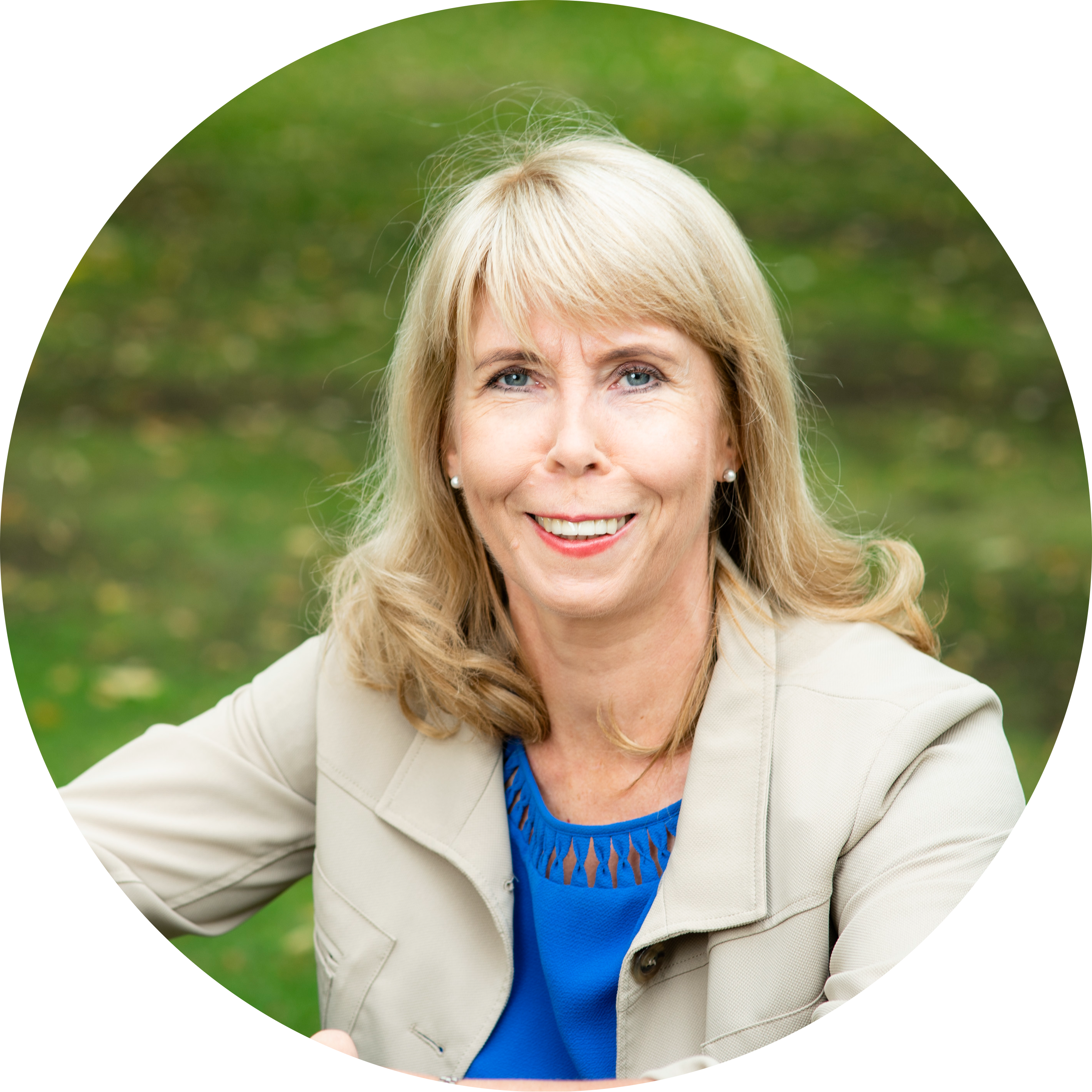
Margit Sutrop is a Professor of Practical Philosophy and a founding Director of the interdisciplinary Centre for Ethics at the University of Tartu, Estonia. Currently she works as an MP for the Estonian Parliament. She has been elected to Academia Europaea. Since 2004 she has worked an independent ethics expert of the European Commission. She has led more than 50 interdisciplinary research projects and published on the ethical issues of human genetic databases, biometrics, pharmacogenetics, research integrity, ethics codes, moral dilemmas and disagreements, values, fiction and imagination. Her current research interests comprise moral disagreements, values education, trust in science and ethics of artificial intelligence.
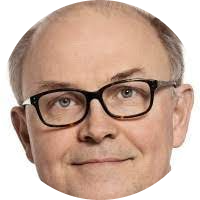
Jacob Dahl Rendtorff, PhD and Dr. Scient. Adm. is professor of philosophy of management and business ethics at the Department of Business and Social Sciences, Roskilde University, Denmark. Rendtorff’s recent publications are Handbook of Business Legitimacy, Springer 2020, Philosophy of Management and Sustainability, Emerald 2019, Cosmopolitan Business Ethics. Towards a Global Ethos of Management, Routledge 2017. Rendtorff’ s main research interests are philosophy of management, stakeholder theory, sustainability, CSR, and cosmopolitan business ethics.
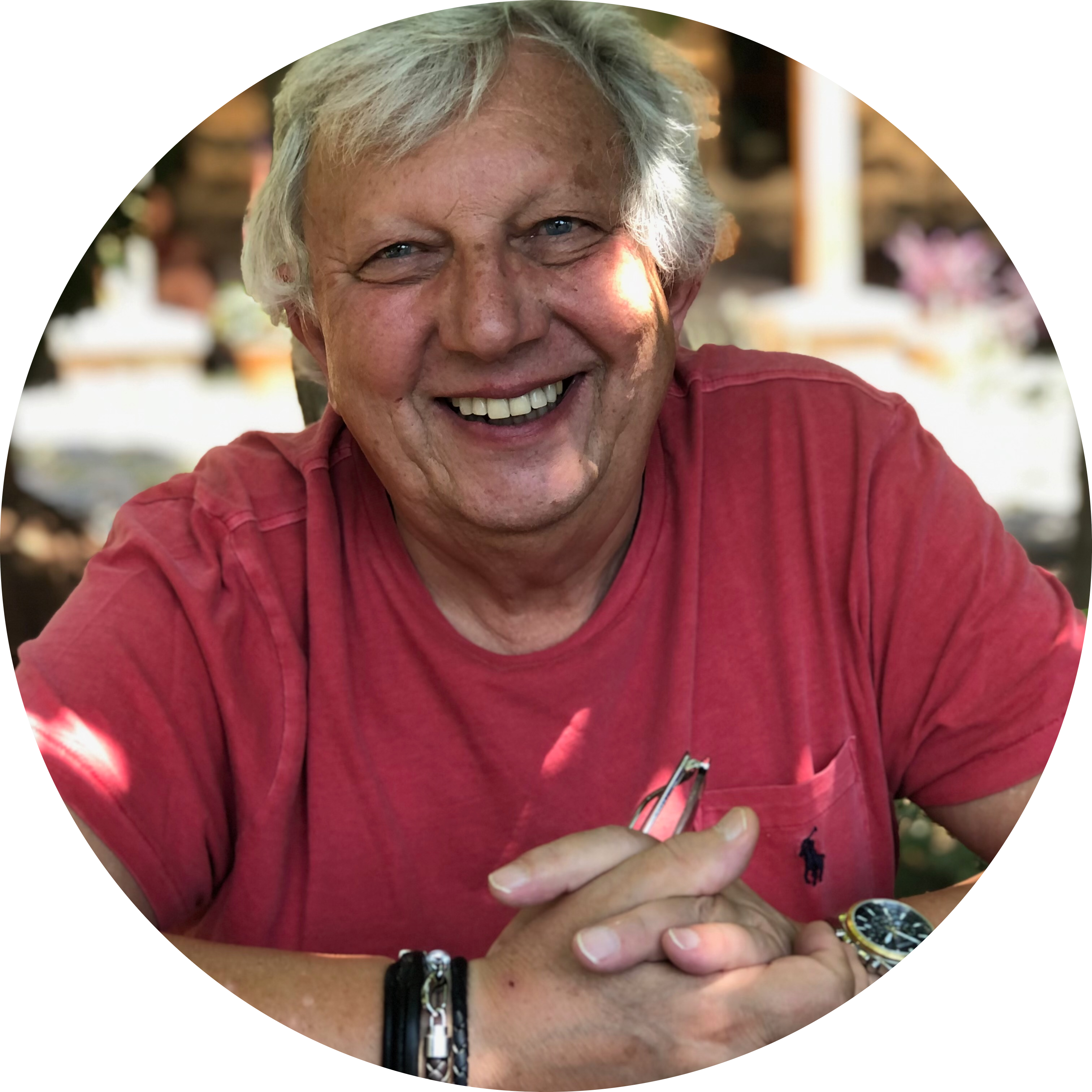
Matthias Kaiser is Professor Emeritus at the Center for the Study of the Sciences and Humanities (SVT) at the University of Bergen, and Prof. II (10%) at the NTNU in Trondheim, having studied mathematics and philosophy (of science) at the universities of Munich, Oslo, Stanford and Frankfurt. He is also an Affiliated Fellow at the Koi Tū: Centre for Informed Futures, University of Auckland, and Editor-in-Chief of the Springer journal Food Ethics. Presently he is Senior Researcher at NORSUS: Norwegian Institute for Sustainability Research. His areas of expertise include philosophy of science (Dr.phil.), ethics of science, food ethics, technology assessment and science-for-policy. His topics of interest include but are not restricted to aquaculture, seafood and food ethics, value studies, the precautionary principle, uncertainty & complexity, practical ethics, integrity in science, and public participation.
Kaiser has more than 170 publications, and Google Scholar (10.01.2024) cites him with 2759 citations, h-index of 29 and i10-index of 59. He has extensive expertise and experience in methods of practical ethics and qualitative and quantitative research methods in social science. He has documented skills in project leadership and advice for inter- and transdisciplinary research.
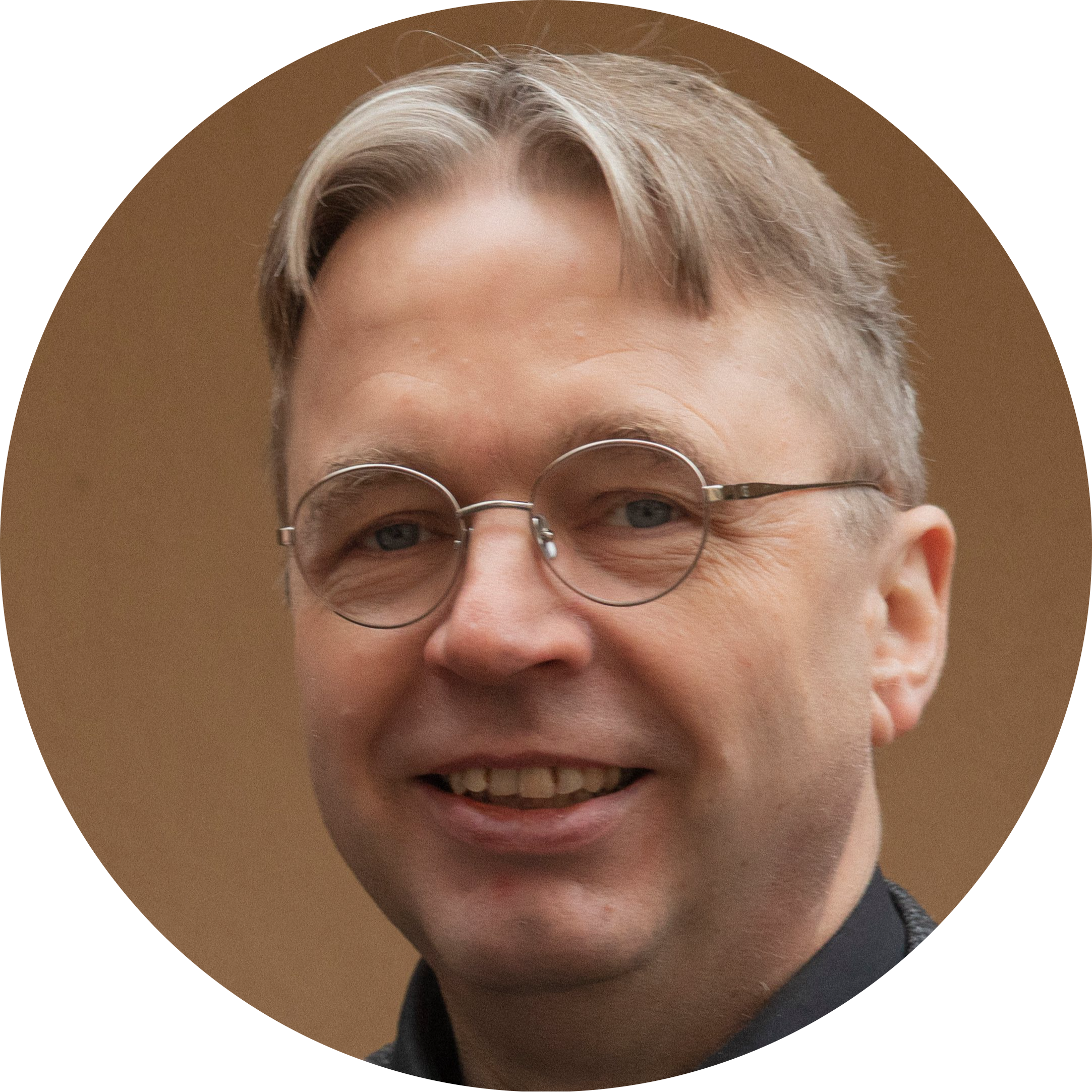
Per Koch is a Special Adviser at NIFU, the Nordic Institute for Studies in Innovation, Research and Innovation. He spends much of his time editing Forskningspolitikk, a Nordic magazine on research and innovation policy. He has been involved in Norwegian and European research and innovation policy development since the early 1990s, in the Ministry of Education and Research, the Research Council of Norway, Innovation Norway and the research institute STEP/NIFU STEP. He has been a member of several OECD committees and EU projects and is currently a UNESCO Chair in Futures Literacy.
